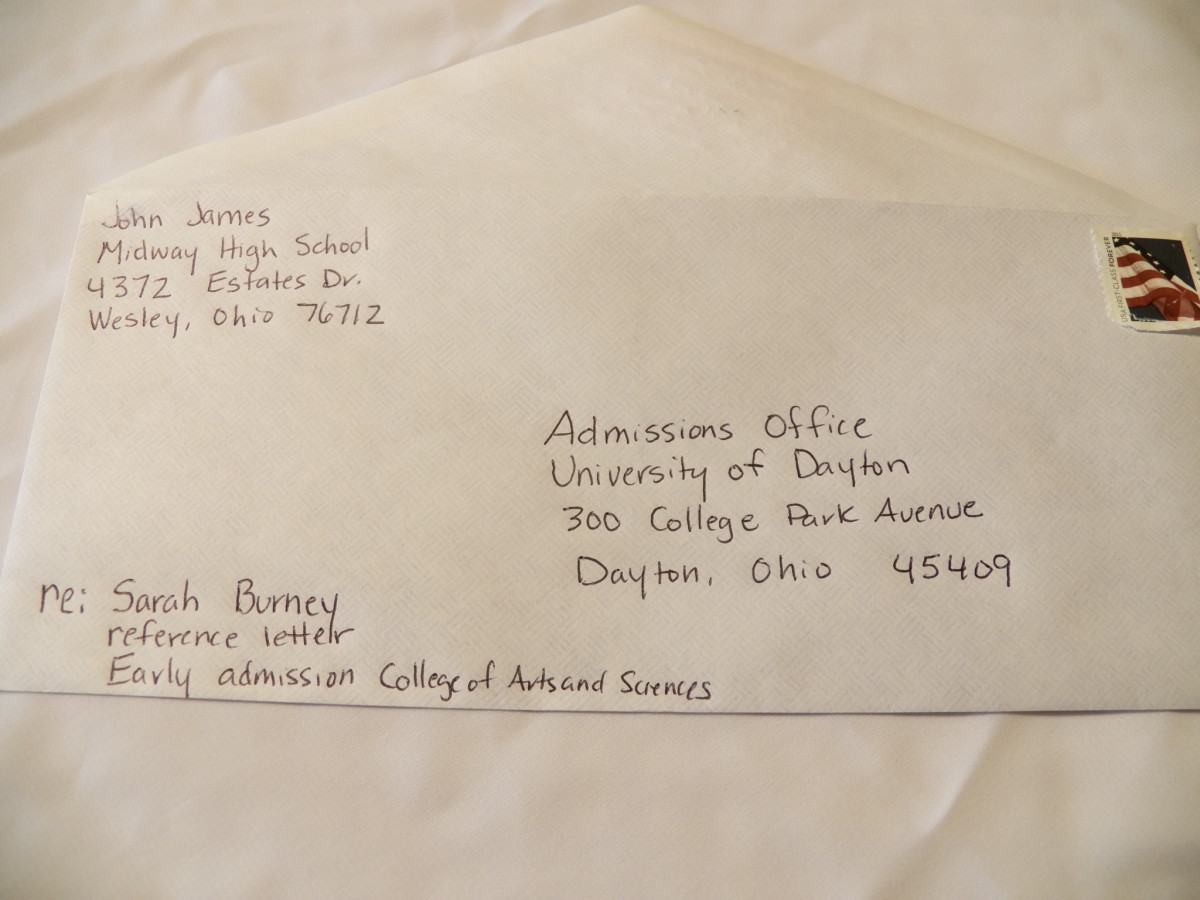How to Become a Petroleum Engineer


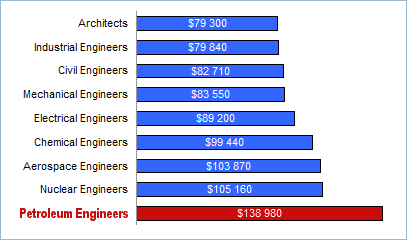
Big Oil Wants You..
Thinking of becoming an engineer? Perhaps many of you high school seniors should look into the exciting field of petroleum engineering. Like every other profession, there are pros and cons; nevertheless, petroleum engineers command one of highest salaries of all engineering professions. Becoming an engineer of any kind entails a certain amount of specialized skill, but a petroleum engineer, who is someone that specializes in the extraction of hydrocarbons, requires an even higher skill level, combining applications of several engineering and scientific disciplines. The following list highlights the steps you should take to join one of the world’s most exciting professions:


Making the Grade in High School
First thing’s first, if you want to become a professional petroleum engineer, you’ll need to earn good marks in high school, along with taking a variety of college preparatory courses in math, computer science, chemistry, physics and economics. Why take such diverse set of courses? Well, it’s simple: Most of what you’ll be studying as an undergraduate, will consist of a similar sequence of courses, such as calculus, physics and chemistry; therefore, doing such a thing at the secondary level will allow you to excel at the university level. In addition, it should be at this point you start thinking of joining the Society of Petroleum Engineering(SPE), which is a not-for-profit professional organization whose mission is to collect, disseminate, and exchange technical knowledge concerning the exploratoin, development and production of oil and gas resources. In addition, the SPE awards its members very important resources in the form of merit awards and scholarships.
- The Society of Petroleum Engineers
The largest individual-member organization serving managers, engineers, scientists and other professionals worldwide in the upstream segment of the oil and gas industry.


Choosing a College with a Reputable Petroleum Program
After making good grades in high school, the next course of action, trivial as it may seem, is simply to choose an engineering college with a decent petroleum engineering program, albeit judiciously. Currently, a majority of the best petroleum engineering programs hail from nation's top energy producing states, such as The Colorado School of Mines, Louisiana State University, Stanford University, Alaska Fairbanks; and, of course, University of Texas at Austin and Texas A&M. Amid the list of great petroleum engineering programs, Texas A&M is considered, by far, to be one of the very best, graduating between 100 and 130 American and international students each year. In fact, the Petroleum Engineering Department at Texas A&M prides itself in having the most rigorous preparation program in the industry. In this same vein, if you’re smart enough to get into a really good program like a Stanford University, a UT Austin or even a Texas A&M, be prepared to hit the books.
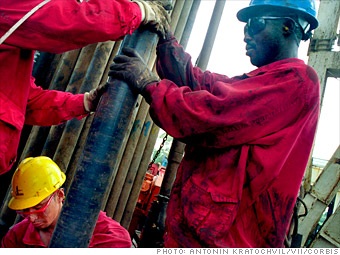

Choosing a Petroleum Engineer Disciple
The field of petroleum engineering allows its graduates the option of wearing many different hats, offering disciples in the areas of drilling engineering, which entails managing all technical aspects of drilling exploratory, production and injection wells; reservoir engineering, which consist of working to optimize production of oil and gas via proper well placement, production rates, enhanced oil recovery techniques; and production engineering, which includes managing interactions between the reservoir and the well and evaluating novel methods of oil and gas extraction.

Interning & Co-oping at a Major Oil & Gas Company
The fourth step is actually the most critical, as you’ll need to intern or co-op a few semesters as an undergraduate to gain the proper experience level. This is why choosing a reputable program, as indicated in step 2, is so important—namely, it’ll be the most respected programs that attract the big oil and gas companies, such as ExxonMobil, Chevron, BP and ConoccoPhillips that typically hire students for internships and co-operatives. Lousisiana State Univerisity and Lafayette Univerity, because of their close proximities to the Gulf of Mexico, has been made famous for attracting some of the better known oil majors, thus have become well known for offering its undergrad students great co-op and internship opportunities.
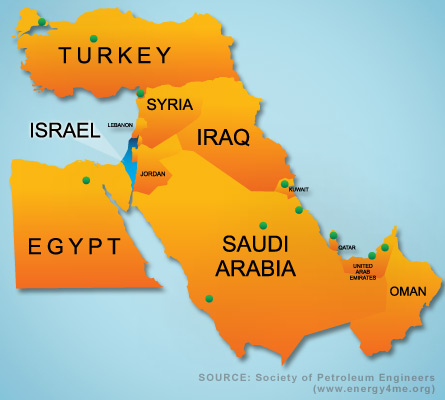
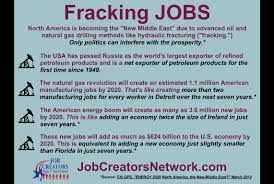
Applying For Jobs at Home and Abroad
Petroleum engineers are one of the very few professionals that are demanded on an international market. Of course, for those graduates that would prefer to remain on domestic shores, the American job market isn’t that bad either—this is especially in regards to America’s new energy boom via hydraulic fracking, a new promising but controversial technique that allows for a greater release of oil and natural gas.

Will I need to earn a graduate degree?
In the field of petroleum engineering the short answer is no—to be exact, most graduates with a bachelors from a reputable PE program and a decent internship under his or her belt will find themselves in very high demand for employment both at home and abroad. Nonetheless, for those select ffew academic students with aspirations of furthering his or her studies in reservoir engineering, there are indeed programs (e.g. UT Austin, Stanford and Texas A&M) that offer both Masters and PH.Ds in petroleum engineering.












